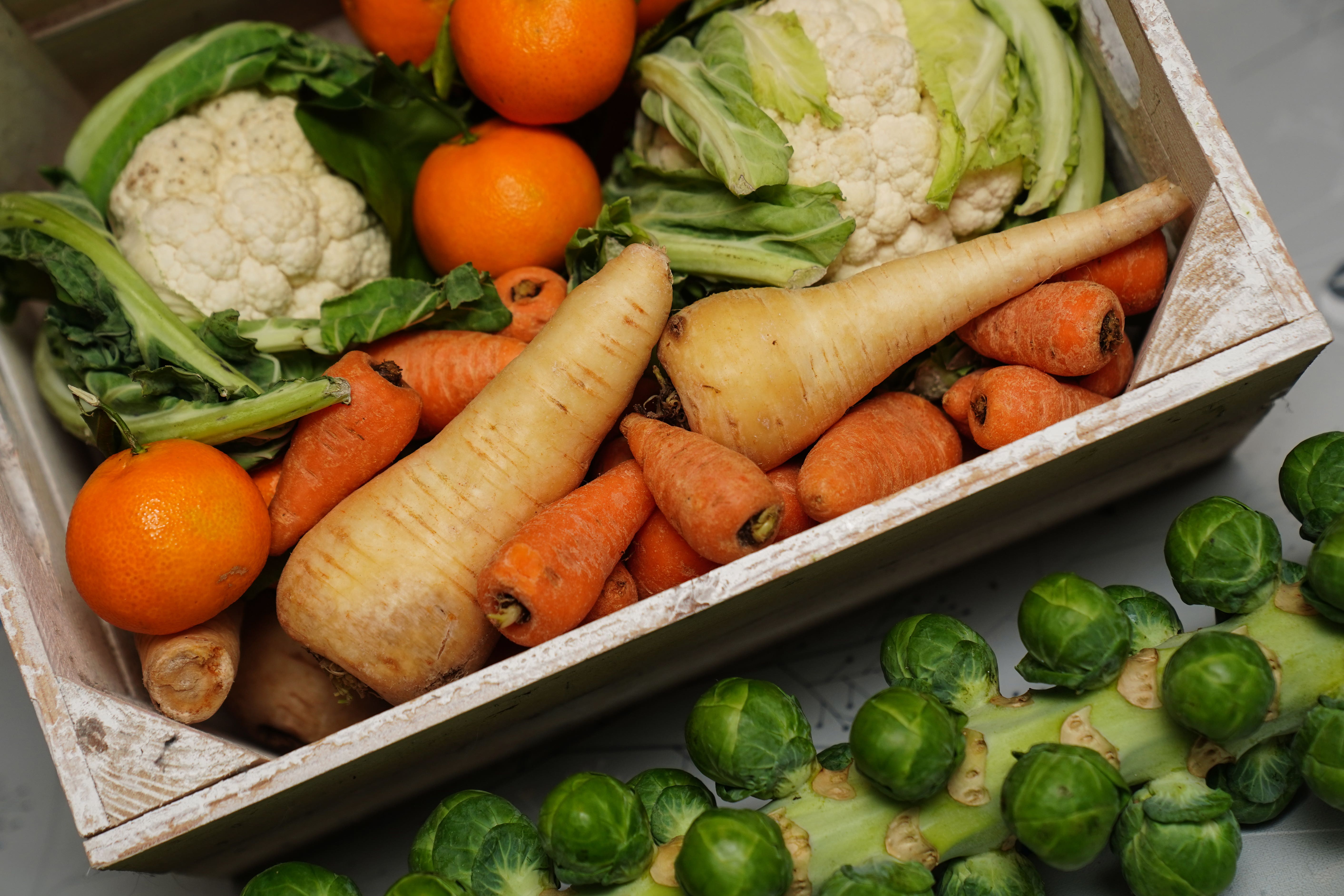Healthy plant-based diets ‘cut risk of sleep apnoea’
Sleep apnoea occurs when breathing stops and starts during sleep.

Your support helps us to tell the story
From reproductive rights to climate change to Big Tech, The Independent is on the ground when the story is developing. Whether it's investigating the financials of Elon Musk's pro-Trump PAC or producing our latest documentary, 'The A Word', which shines a light on the American women fighting for reproductive rights, we know how important it is to parse out the facts from the messaging.
At such a critical moment in US history, we need reporters on the ground. Your donation allows us to keep sending journalists to speak to both sides of the story.
The Independent is trusted by Americans across the entire political spectrum. And unlike many other quality news outlets, we choose not to lock Americans out of our reporting and analysis with paywalls. We believe quality journalism should be available to everyone, paid for by those who can afford it.
Your support makes all the difference.Eating a healthy plant-based diet can cut the risk of the disordered breathing condition sleep apnoea, research suggests.
Meals rich in vegetables, fruits, whole grains and nuts lead to less risk of the debilitating condition, a study found.
In contrast, people eating an unhealthy diet of refined carbohydrates, sugary drinks and high-sugar and high-salt foods had a higher risk.
Sleep apnoea occurs when breathing stops and starts during sleep. It needs to be treated owing to a link with other problems such as type 2 diabetes, strokes and heart attacks.
Symptoms of sleep apnoea include long gaps between breaths, gasping, snorting or choking noises, waking up a lot and loud snoring.
Sleep apnoea can sometimes be treated by losing weight, giving up smoking and cutting down on alcohol, though some people need to use a device called a CPAP machine to keep breathing airways open.
New research published in ERJ Open Research has identified a link between the condition and what people eat.
It included data from 14,210 people taking part in the US National Health and Nutrition Examination Survey, who gave 24-hour information on what they ate.
People also answered a questionnaire designed to gauge whether they were likely to be suffering from sleep apnoea.
This research doesn’t tell us why diet is important, but it could be that a healthy plant-based diet reduces inflammation and obesity
Half of those in the study were male, 33% did not take enough exercise and 21% were smokers.
Analysis showed that just over half of people in the study had an intermediate to severe risk of sleep apnoea, while 25% were classified as high risk.
Food groups were categorised as healthy plant foods (whole grains, fruits, vegetables, nuts, legumes, tea and coffee), less-healthy plant foods (refined grains, potatoes, sugar-sweetened drinks, sweets and desserts, salty foods), and animal foods (animal fat, dairy, eggs, fish or seafood, meat and other animal foods).
The research found that those people consuming the most plant-based foods were 19% less likely to be suffering with apnoea than those eating the least.
People eating a largely vegetarian diet were also at a lower risk but those eating a diet high in unhealthy plant-based foods had a 22% higher risk compared to people eating the least of these foods.
A plant-based diet had a bigger effect in reducing the apnoea risk for men while an unhealthy plant-based diet appeared to increase women’s risk more than men’s.
Dr Yohannes Melaku, from Flinders University in Adelaide, Australia, who led the study, said: “These results highlight the importance of the quality of our diet in managing the risk of obstructive sleep apnoea.
“It’s important to note these sex differences because they underscore the need for personalised dietary interventions for people with obstructive sleep apnoea.
“This research doesn’t tell us why diet is important but it could be that a healthy plant-based diet reduces inflammation and obesity.
“These are key factors in obstructive sleep apnoea risk.
“Diets rich in anti-inflammatory components and antioxidants, and low in harmful dietary elements, can influence fat mass, inflammation, and even muscle tone, all of which are relevant to risk.”
Professor Sophia Schiza, head of the European Respiratory Society’s assembly on sleep disordered breathing, said of the study: “Being aware that incorporating a wide variety of vegetables, fruits, and whole grains into our diet while minimising the consumption of unhealthy foods and sugary drinks can greatly improve our overall health.
“We need to make it as easy as possible for everyone to adopt a healthy diet.”